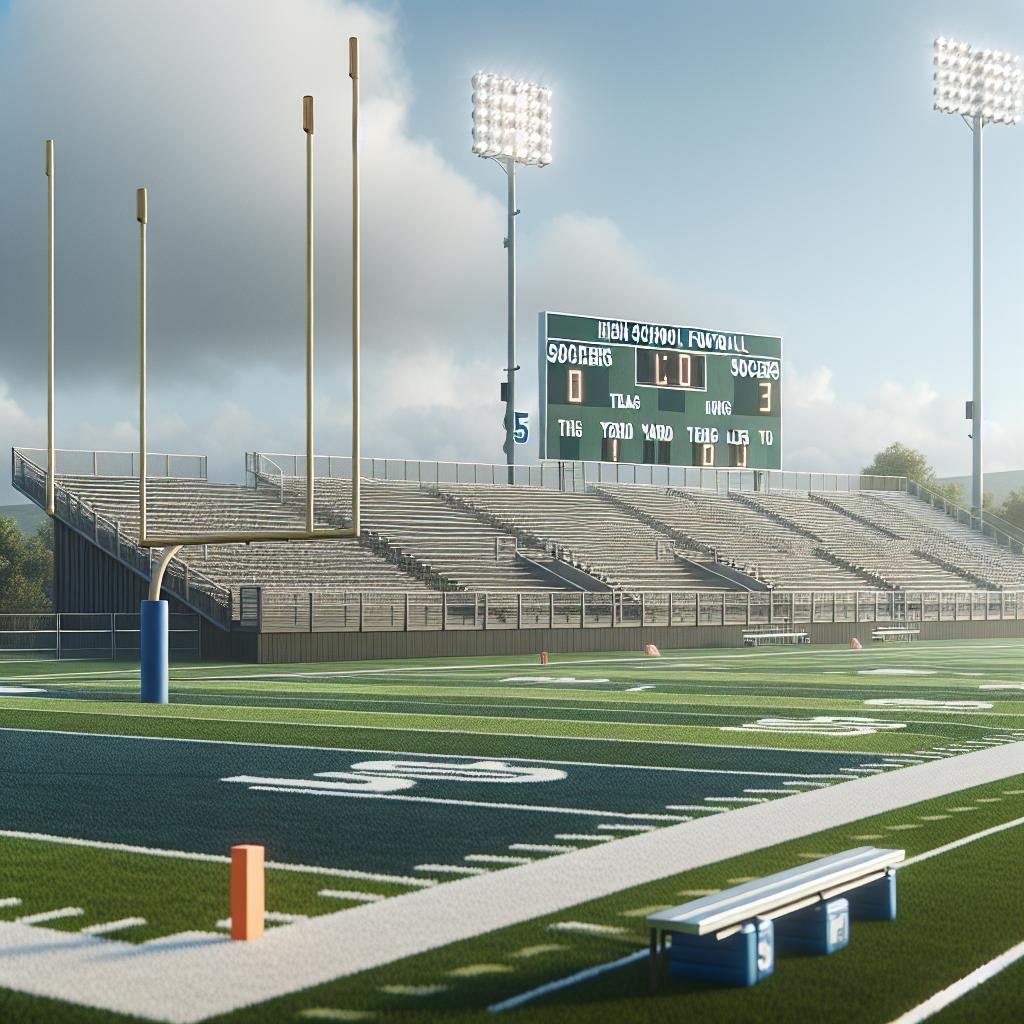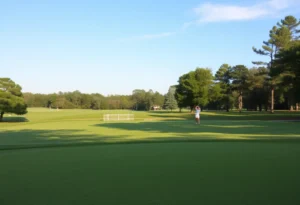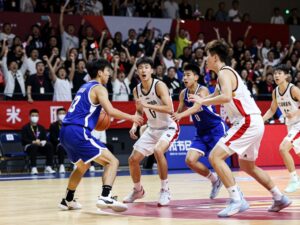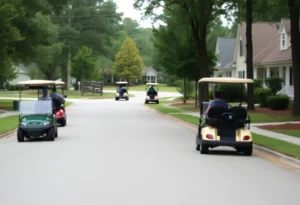Lincoln, Neb. – In a concerning trend for high school sports in Nebraska, several schools have opted to forfeit their seasons, raising eyebrows among fans and athletes alike. Recently, Grand Island Senior High School made the announcement that it would cancel all of its girls varsity basketball games, as no juniors or seniors signed up to play this season. Instead, the focus will be on developing younger talent through reserve and freshmen games.
This unexpected decision has garnered attention from many in the sports community. Nate Neuhaus, an assistant director for the Nebraska School Activities Association, expressed surprise, noting, “This is probably something new in the basketball world. The first time we’ve probably seen a forfeit prior to the season starting, so this will be interesting to look more into it and figure out what the variables are.”
Neuhaus pointed out that while it’s not uncommon for small schools to forfeit seasons, the current wave of cancellations has raised alarms. “We’ve had six or seven different football forfeitures throughout the season due to a variety of reasons, but it is a concerning trend,” he acknowledged. For instance, Southern Valley High School halted its football season in early October, which is considered normal for a Class D school. However, when a Class A school like Omaha Benson also decides to quit, it becomes an area of concern.
Neuhaus has observed a decline in overall participation across all sports in the state. He stated, “I just think student-athletes have a lot more opportunities and options than they ever used to. So going out for a sport that they aren’t necessarily interested in, there’s other things that they can get involved with. And that’s a good thing; there’s other opportunities that they can participate in. It just spreads the student population out.”
Other factors contributing to this decline include poor records, injuries, illnesses, and academic challenges. Neuhaus emphasized that every community faces its unique struggles, making it difficult to pinpoint a single reason behind these decisions. “Unfortunately, the harsh reality is education-based high school extracurricular activities look different than five years ago, 10 years ago, 15 years ago,” he noted. “I’m not sure we know yet exactly why, but we’re certainly trying to figure it out.”

Author: STAFF HERE Chapin
CHAPIN STAFF WRITER The CHAPIN STAFF WRITER represents the experienced team at HEREchapin.com, your go-to source for actionable local news and information in Chapin, Lexington County, and beyond. Specializing in "news you can use," we cover essential topics like product reviews for personal and business needs, local business directories, politics, real estate trends, neighborhood insights, and state news affecting the area—with deep expertise drawn from years of dedicated reporting and strong community input, including local press releases and business updates. We deliver top reporting on high-value events such as the Chapin Christmas Parade, Fourth of July Celebration, and the Chapin Fall Festival. Our coverage extends to key organizations like the Chapin Chamber of Commerce and the Lexington School District One, plus leading businesses in retail and recreation that power the local economy such as Lake Murray Tourism and the Chapin Visitor Information. As part of the broader HERE network, including HEREaiken.com, HEREbeaufort.com, HEREchapin.com, HEREcharleston.com, HEREclinton.com, HEREcolumbia.com, HEREgeorgetown.com, HEREgreenwood.com, HEREgreenville.com, HEREhiltonhead.com, HEREirmo.com, HEREmyrtlebeach.com, HEREnewberry.com, HERErockhill.com, HEREspartanburg.com, HEREaustin.com, HEREcollegestation.com, HEREdallas.com, HEREhouston.com, and HEREsanantonio.com, we provide comprehensive, credible insights into South Carolina's dynamic landscape.

























